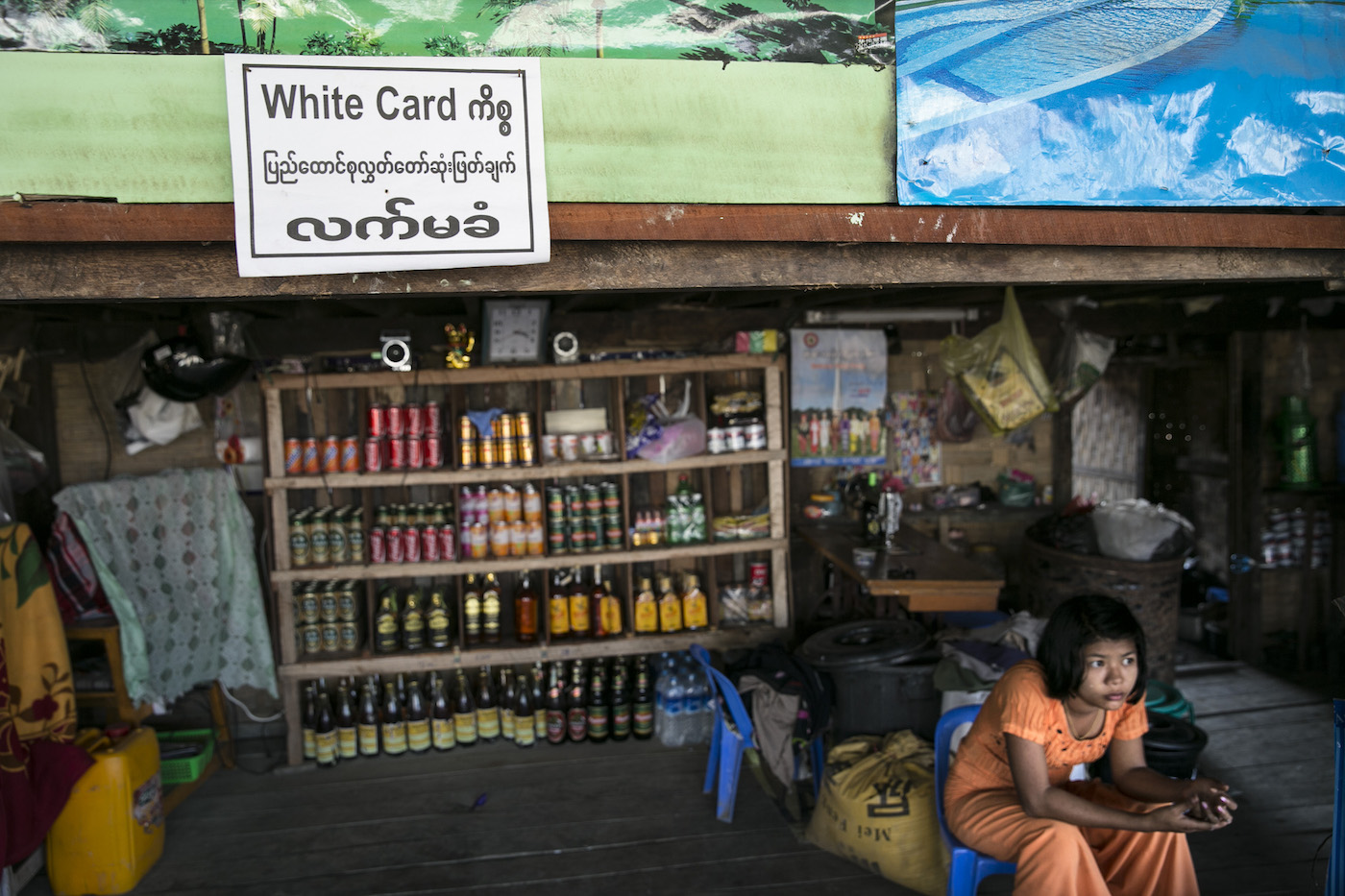October 29, 2020

In October 2020, the Simon-Skjodt Center released a policy brief, Burma’s 2020 Elections and Ongoing Atrocity Risks Facing the Rohingya Population, examining Burma’s national elections, slated for November 8, 2020. The elections will take place in a fragile context of ongoing risk of genocide for the country’s minority Rohingya population and continuing mass atrocities—including war crimes and crimes against humanity—against other ethnic populations. While the elections themselves are unlikely to trigger mass atrocities in Burma, the responses to the elections from within the country and internationally have the ability to exacerbate or mitigate future atrocity-related risks.
Which positions are being contested in these elections?
Over 1000 parliamentary seats at the national parliament and state level bodies will be voted upon in the November elections. Only 75% of the total seats will be contested, as the country’s constitution reserves 25% of seats for the military. Key parties include the ruling National League for Democracy (which currently occupies the majority of seats at the national and state levels), the military-aligned Union Solidarity and Development Party, and several other parties that represent the country’s many ethnic groups.
Are Rohingya able to vote or run in these elections?
Most Rohingya within Burma—members of an ethnic and religious minority who have been the victims of genocide—will be denied the right to vote. The approximately one million Rohingya who now live as refugees in Bangladesh will likewise be unable to vote in the elections.
In mid-October, Burma’s Union Election Commission (UEC) announced that polling would be cancelled in more than 50 townships across the country, including in Rakhine State and Shan State. While the UEC noted that ongoing conflict would prevent voting from proceeding in those areas, voting will continue in some areas of ongoing conflict, and voting was cancelled in areas that are relatively peaceful. Many of the places where polling is cancelled are areas where ethnic parties—not the ruling National League for Democracy—have substantial popular support.
At least six Rohingya candidates have been prevented from running for office by the UEC, despite some of them having been approved candidates in the past and, in one case, having won a parliamentary seat. These candidates were blocked from running because they were unable to confirm the citizenship of their parents at the time of their birth.
What are Rohingya leaders saying about this? What has been the response of the United States so far?
Rohingya leaders and their allies have been calling out the unacceptable disenfranchisement of their community. Wai Wai Nu, Rohingya activist and fellow at the Simon-Skjodt Center for the Prevention of Genocide, has said, “If the disenfranchisement of the Rohingya becomes normal, it would be one more step in the genocidal process.”
Many leaders around the world, including those in the US Administration, have not publicly, clearly and strongly criticized the exclusion of the Rohingya community and others from Burma’s elections. Members of the US Congress, however, have spoken out about their concerns regarding Burma’s elections. The House Committee on Foreign Affairs passed a resolution, H.Res. 1121, which urges the Burmese government to hold “free, fair, inclusive, transparent, participatory, and credible” elections in November 2020. A companion resolution, S. Res. 701, has been introduced (but not passed) in the US Senate.
Is there a risk that the elections would trigger mass atrocities?
The risk for mass atrocities—large-scale, systematic violence against civilian populations—leading up to and during the election is low, but civilians continue to be harmed and killed in smaller numbers in ongoing conflict across the country, including in Rakhine State. The elections themselves are unlikely to trigger mass atrocities, but if they go ahead as planned, they will solidify divisions and deeper marginalization of the Rohingya, keeping them at risk of mass atrocities, including genocide.
It is important that international actors keep a focus on risks to the Rohingya beyond the elections. This is when the military may not feel the same pressure regarding its image as it would before the election, and any kind of perceived provocation would be more likely to trigger a large, violent response.
View All Blog Posts